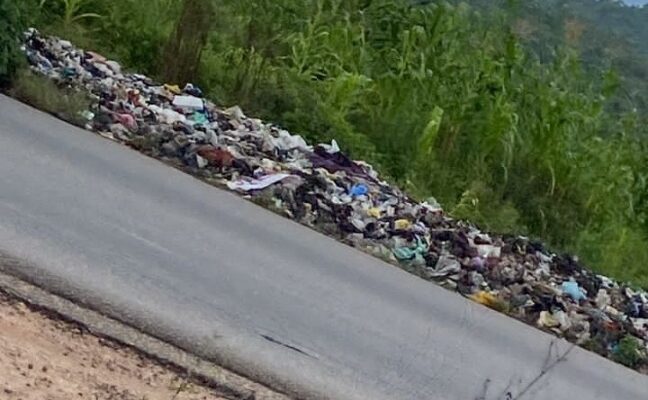Waste management is a crucial environmental issue for governments around the world. With the increasing amount of plastic production, toxic materials, and other waste, it has become a pressing matter to address for the protection of our planet and the well-being of its inhabitants. Improper waste management not only affects the environment but also poses serious risks to human health and wildlife.
In this article, we will take a closer look at waste management and explore the best ways to manage waste in a time-efficient manner.
Firstly, let us understand what waste management is. Waste management is the process of collecting, transporting, sorting, and disposing of waste materials in an environmentally friendly and safe manner. This includes all types of waste, such as residential, commercial, and industrial waste. It also involves implementing strategies to reduce, reuse, and recycle waste to minimize its impact on the environment.
One of the primary concerns with waste management is the increasing production of plastics. Plastics are non-biodegradable materials and can take hundreds of years to decompose. Improper disposal of plastic waste can lead to severe consequences for the environment. It not only clogs up landfills but also ends up in our oceans, causing harm to marine life. The government has a crucial role in regulating the production and disposal of plastics to ensure their proper management. This can be achieved by implementing policies that encourage the use of eco-friendly alternatives to plastic, promoting recycling and proper disposal of plastic waste.
Toxic materials, such as electronic waste, also pose a significant threat to the environment and human health. The improper disposal of electronic waste can release harmful chemicals into the air and water, contaminating them and posing a severe risk to human health and wildlife. The government must have strict regulations in place for the disposal of electronic waste. This can include setting up e-waste recycling facilities and encouraging manufacturers to produce products with fewer toxic components.
In addition to plastic and electronic waste, the management of hazardous waste is also a significant environmental concern. Hazardous waste includes chemicals, batteries, and other materials that can be harmful to human health and the environment. These materials must be handled and disposed of with extreme caution and according to strict regulations. The government must work closely with industries to ensure proper management of hazardous waste and promote the use of safer alternatives.
Time management is also a crucial aspect of waste management. With the ever-growing population and increasing waste production, it is essential to manage waste efficiently and in a timely manner. One of the best ways to do this is by implementing a comprehensive waste management system that prioritizes waste reduction, recycling, and proper disposal. This can be achieved by providing easy access to recycling facilities, promoting waste segregation at the source, and educating the public about the importance of waste management.
In conclusion, waste management is a significant environmental issue that requires urgent attention from governments. The production and disposal of plastics, toxic materials, and hazardous waste have a severe impact on our planet, human health, and wildlife. The government has a crucial role in implementing policies and regulations to manage waste effectively. It is also essential to prioritize time management in waste management strategies to ensure their efficiency.
Let us all do our part in reducing, reusing, and recycling waste to protect our environment and secure a better future for generations to come.
– Benjamin Ibrahim, a Retired Permanent Secretary, writes from Lokoja.




